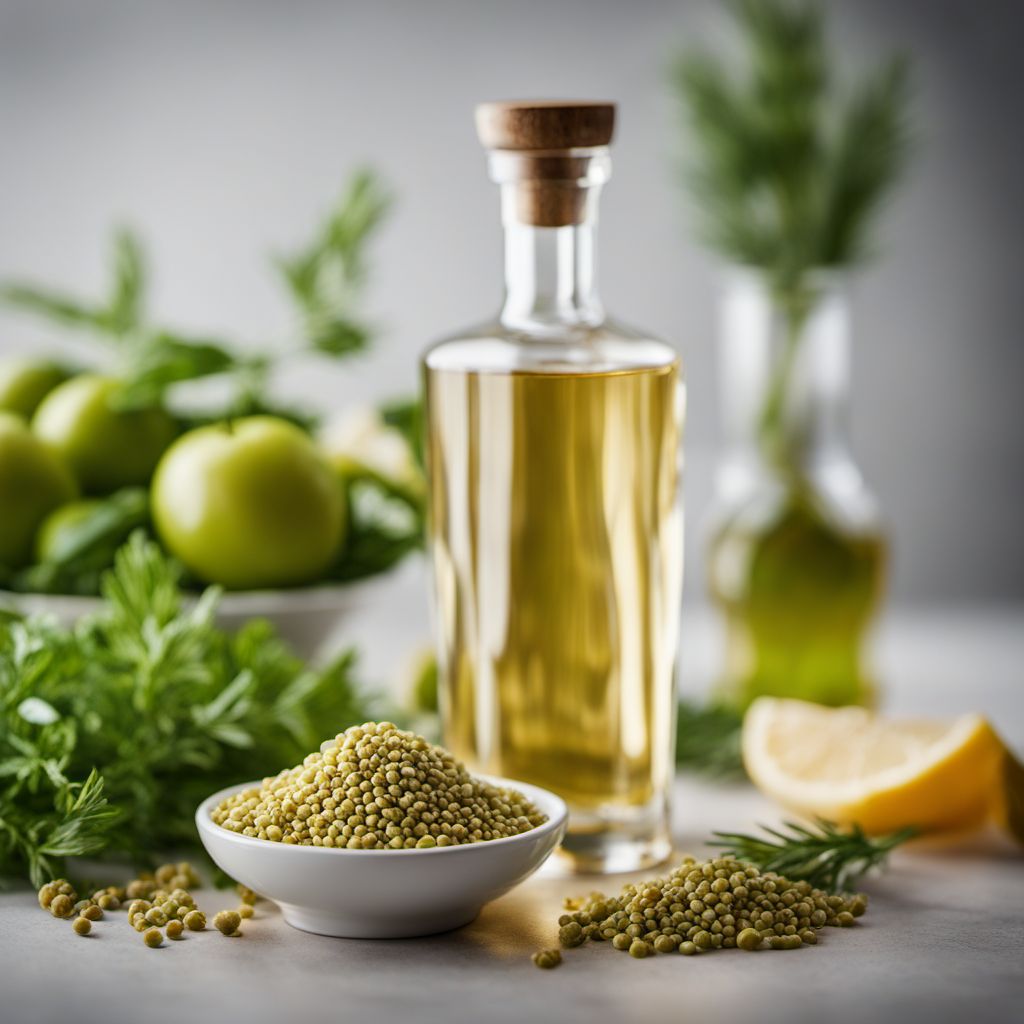
Ingredient
Herb liqueur
Enchanting Elixir: Unveiling the Magic of Herb Liqueur
Herb liqueur is a flavorful and fragrant spirit infused with a variety of herbs, spices, and botanicals. It is typically made by macerating or distilling a blend of herbs in a base spirit, such as vodka or brandy. The resulting liqueur boasts a complex and herbaceous flavor profile, with notes of botanicals, spices, and sometimes a hint of sweetness. Its texture is smooth and velvety, while its appearance can range from clear to amber, depending on the ingredients used.
Origins and history
The origins of herb liqueur can be traced back to ancient civilizations, where herbal remedies and elixirs were commonly used for medicinal purposes. In Europe, monks in monasteries played a significant role in the development and production of herb liqueurs, using their knowledge of herbs and distillation techniques. Over time, these liqueurs gained popularity and became an integral part of European culinary and drinking culture.
Nutritional information
Herb liqueur is primarily consumed in small quantities for its flavor rather than its nutritional value. It typically contains around 100-150 calories per serving, depending on the specific brand and ingredients used.
Allergens
Herb liqueur may contain allergens such as nuts, seeds, or gluten, depending on the specific recipe or brand. It is important to check the label or consult with the manufacturer if you have any allergies or dietary restrictions.
How to select
When selecting herb liqueur, look for reputable brands that use high-quality ingredients and traditional production methods. Check the label for a list of botanicals and herbs used, and opt for organic or artisanal options if available. Additionally, consider the desired flavor profile and choose a liqueur that aligns with your preferences.
Storage recommendations
To maintain the freshness and quality of herb liqueur, store it in a cool, dark place away from direct sunlight. Seal the bottle tightly after each use to prevent oxidation and evaporation. Properly stored, herb liqueur can maintain its flavor and quality for several years.
How to produce
Producing herb liqueur at home requires expertise in distillation and a deep understanding of herbs and botanicals. It is recommended to leave the production to professional distilleries or purchase commercially available options.
Preparation tips
Herb liqueur is incredibly versatile and can be enjoyed in various ways. It can be sipped neat or on the rocks to appreciate its complex flavors, or used as an ingredient in cocktails to add depth and herbal notes. Experiment with incorporating herb liqueur into classic cocktails like the Negroni or create your own signature concoctions. Additionally, it can be used in culinary applications, such as adding a splash to sauces, marinades, or desserts for a unique twist.
Culinary uses
Herb liqueur is commonly used in mixology to create flavorful and aromatic cocktails. It adds a unique herbal dimension to classic cocktails like the Mojito, Martini, or Old Fashioned. Additionally, it can be used in culinary creations, such as incorporating it into sauces, dressings, or desserts to enhance the flavor profile.
Availability
Herb liqueur is commonly available in regions with a strong tradition of herbal liqueur production, such as Europe, particularly in countries like Italy, France, and Germany. It can also be found in specialty liquor stores or online retailers worldwide.
More ingredients from this category

Coconut cream liqueur
Tropical Delight: Exploring the World of Coconut Cream Liqueur

Egg liqueur
The Creamy Indulgence: Egg Liqueur
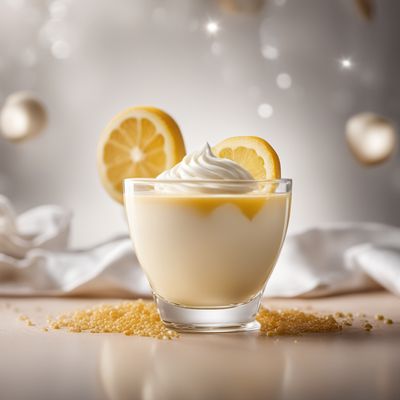
Cream liqueur
Velvety Indulgence: Cream Liqueur
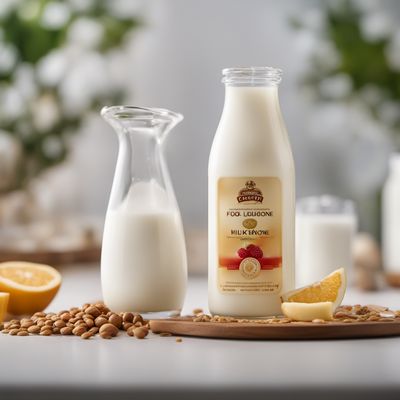
Milk liqueur
Velvety Elixir: Exploring the World of Milk Liqueur
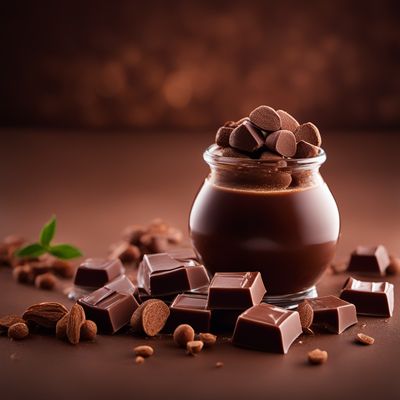
Chocolate liqueur
Decadent Cocoa Elixir
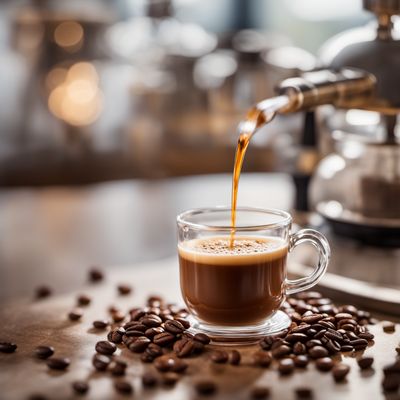
Coffee liqueur
The Bold Elixir

Fruit liqueur
A Burst of Fruity Delight: Exploring the World of Fruit Liqueurs